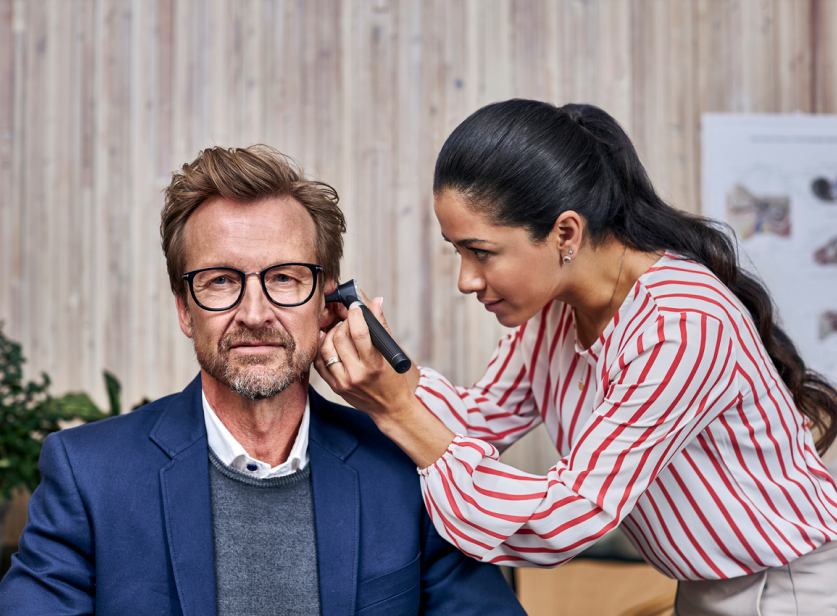Noise and Hearing Loss

Modern life exposes us to a lot of noise, and it’s something we often don’t think about until it starts to affect us. Our hearing is indeed delicate and can be easily damaged by high sound levels, which is why it’s important to be aware of the potential risks and take preventive measures.
Here are a few key points to keep in mind:
- Noise Levels and Hearing Damage:
- 85 dB: Continuous exposure at this level, such as heavy traffic, can cause hearing damage over time.
- 100 dB: Levels like those from compressed air hammers can cause hearing damage with relatively short exposure.
- 110-120 dB: Rock concerts and similar loud environments can be extremely damaging, especially if you’re exposed repeatedly or for extended periods.
- Types of Hearing Loss:
- Temporary Threshold Shift (TTS): This is a short-term reduction in hearing sensitivity after exposure to loud noise. The hearing usually recovers, but repeated TTS can lead to more permanent damage.
- Permanent Threshold Shift (PTS): This is more severe and happens when hearing loss becomes permanent, often due to prolonged or intense noise exposure. It may continue to worsen for years after the initial exposure.
- Tinnitus: Constant ringing or buzzing in the ears is another serious issue related to noise exposure. It can be very distressing and is often a sign of underlying hearing damage.
Preventive Measures:
- Use Ear Protection: Earplugs or earmuffs can significantly reduce the risk of hearing damage in noisy environments.
- Limit Exposure: Try to reduce the time you spend in noisy places, and take breaks to give your ears a rest.
- Monitor Volume Levels: When using headphones or attending loud events, keep the volume at a safe level and consider using noise-cancelling headphones to reduce the need for higher volumes.
By being mindful of these factors and taking steps to protect your hearing, you can help preserve your auditory health in an increasingly noisy world.
Impact of Untreated Hearing Loss:
- Social Problems: Isolation and difficulty in communication.
- Psychological Problems: Depression, anxiety, and low self-esteem.
- Physical Problems: Increased risk of falls and accidents.
Accredited HMO











Payment options




